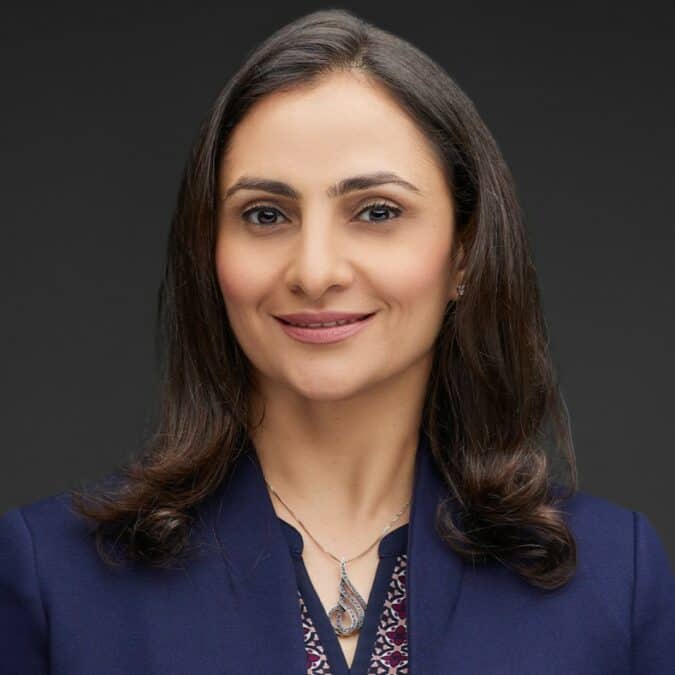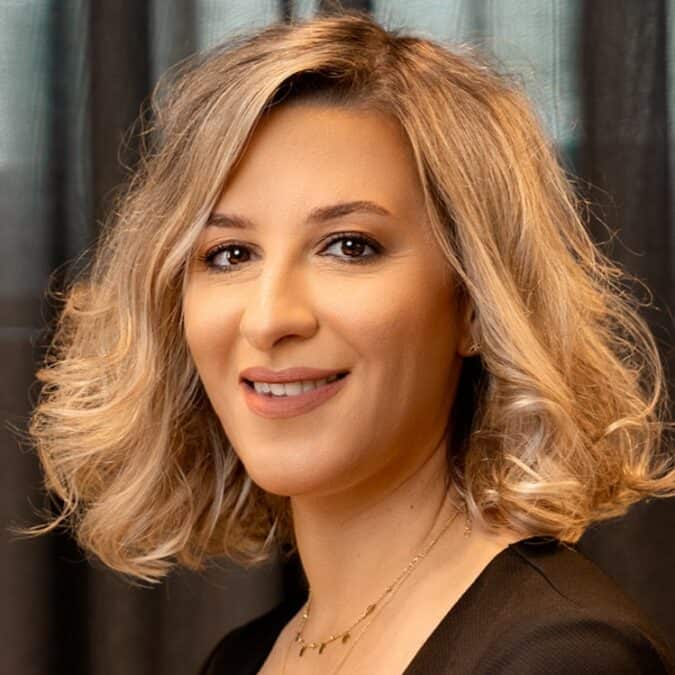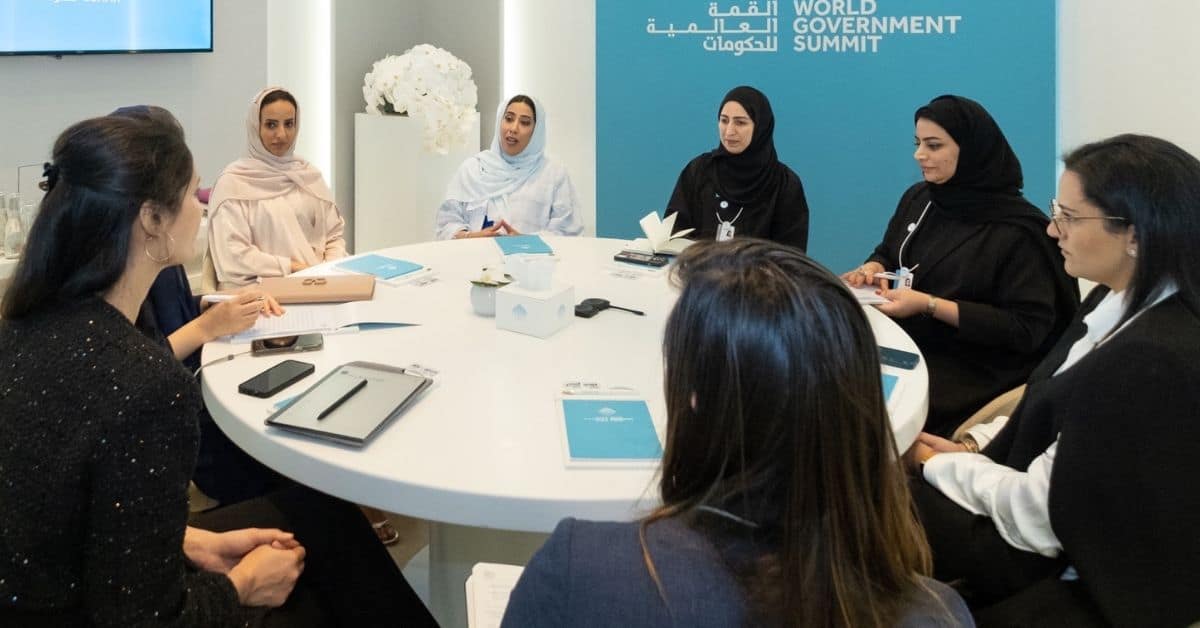DUBAI, UAE — Women’s achievements in the Gulf states are contradictory.
Female citizens of the six GCC countries have good access to education systems, affordable and professional health care, and social services by most international standards. Women outnumber men in university graduation rates, maternal health risks are low, and childcare and family support services are affordable and plentiful.
However, women are still marginalized and nearly invisible in the labor force in some industries and companies. They are remarkably absent from executive and board positions.
According to data from the World Bank, the labor force participation rate of females in the MENA in 2021 was 18 percent. However, that number drops significantly at the senior leadership level, and we are seeing gender gaps in industries such as industrial and manufacturing.
However, as businesses and the community have become more aware of this issue, there are actual changes in certain countries. For example, there’s been a massive push in the government sector to include women in some GCC countries.
While more companies are paying closer attention to Diversity, Equity, and Inclusion (DEI) issues, according to Heidrick & Struggles 2022 Board Monitors, only 8 percent of seats in Saudi Arabia and 17 percent of seats in UAE went to women. In comparison, the United States saw 45 percent of female board directors.
“While there’s still progress to be made for the Middle East in uplifting women to the executive and board levels, we do know that there’s a demand. According to our Board Monitor analysis, women’s seats on UAE boards increased from 12 percent to 17 percent between 2020 and 2021. As a result, when we do executive search placements in this region, we frequently get client requests to focus on female talent,” Maliha Jilani, a Partner at Heidrick & Struggles Dubai and Social Impact Practice, told TRENDS.

“DEI initiatives in the Middle East emphasize gender parity and women in leadership. For example, UAE mandates one female board member, and many Middle Eastern boards are actively pursuing gender diversity,” she said.
“I’m optimistic that as we see more women at higher leadership levels, other women will feel more enabled that they can also get to that stage and fight and work for it. Some companies empower women by providing leadership training and mentorship. “Ideally, succession planning should consider gender diversity,” she added.
Heba Abaza, Regional HR Leader, Eaton Middle East, agrees with Jilani when discussing women’s labor market participation in the region.
“We must value the different experiences and perspectives that make us all unique. We need to break down biases to build a truly diverse and inclusive workplace, educate each other and change mindsets and perceptions for us to succeed. With the current global and regional focus on female empowerment initiatives, we see more opportunities, flexibility, and ‘opening of the door’ in the corporate world”.
“I can envision a bright future for female representation in the executive and board positions in all industries and sectors. I believe the younger generations will break boundaries and set higher standards as they are determined and will create the right momentum for the future,” she stated.

Abaza said that the female talent pool is growing in the region due to local government initiatives. Taking the UAE government as an example, they are empowering female leaders, which, in turn, encourages leading companies to follow suit. “I can only foresee significant growth in Future Female Leaders,” she added.
The challenges
There’s been much progress in enabling gender diversity in the Middle East, such as generous parental leave policies and flexible working arrangements to planning for reintegration after longer breaks. The progress is encouraging, and having diverse representation, including more women at the top, is essential for the business.

Jilani and Abaza agree, however, that there are still challenges to ensuring that more women are present at the executive and board levels.
According to Jilani, the first challenge are the structural issues. For example, the turnover of boards is usually very low, so for companies to bring in women, it typically means somebody must leave or they need to increase the number of board seats which can be challenging.
There needs to be a formal notification when an executive position is vacant, or a board is recruiting is another obstacle. Many boards rely on word-of-mouth, so for women to get a foot in the door, they need to connect with board members to be aware of vacancies and on the consideration list.
Lastly, more must be done to ensure that boards recognize the significance of welcoming women into their ranks. There is a need for increased emphasis on the importance of including women in board training and ensuring that boards adhere to specific criteria.
On the other hand, Abaza believes that the rate at which women advance in their careers is one of the most significant challenges they face today. Women face more difficult obstacles in achieving their career potential and aspirations.
She highlighted an essential point regarding the gender gap in human resources and gender parity.
“Finding and attracting female talent, especially in technical and engineering positions, is still challenging within manufacturing and industrial companies. Not due to a lack of diversity in the candidate pool, but rather to preconceived notions about the demands and natures of these jobs,” she said.
She also believes that all businesses must promote female talent, encourage their professional growth, and share their success stories.
“We must continue empowering them to drive change and pave the way for future generations,” she mentioned.
Women should empower themselves
Female empowerment starts within the woman herself and females around her. Some ways that women can empower themselves would be to set goals, push themselves beyond their comfort zone, and not be afraid of taking risks.
According to Jilani, women who support other women are extremely powerful – they challenge each other, grow together, and strive for greater heights. “We represent half of society, so when we lift one another, our impact on the Middle Eastern community and economy is limitless.”
She also advises women to focus on networking, as networking with men and women in decision-making positions will help them gain the necessary experience and expertise.
Another consideration would be increased self-promotion. Self-promotion is necessary, even for shy women. Make sure the right people know about your work so they can make an informed promotion decision. Learn negotiation skills so your manager can understand and value your contributions.
Abaza is of the opinion that women require more collaborations and workshops showcasing success stories to continue to inspire, share knowledge and expertise, and be better equipped to face challenges and effect change.
She also advises women to be brave and bold, push boundaries, and not be afraid of unleashing their inner strength and potential, as well as to support and lift one another and to share knowledge and experience.

